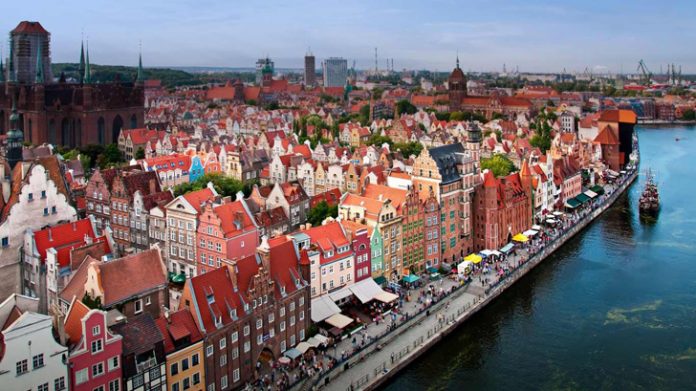The hospitality industry changes at an extremely rapid pace, with new trends, products and services constantly keep emerging. While many of them add value to the hotel industry, several can be quite disruptive, especially to the more traditional players in the hospitality industry.
So what could be the disruptive trends that the hotel industry could expect in 2017?
Consolidation of hotel companies and OTA’s
Over the last few years many major hotel brands have consolidated. Chains such as Hilton, Marriott, IHG and Accor account for the majority of hotel construction globally and they have more than 12,000 upcoming projects being planned out. This year we shall see the impact of the growth of all these mega brands and see how they shall affect the independent hotels.
In the OTA sector, in the USA alone, OTA’s are expected to enjoy a majority 52 per cent share of the market this year, whereas in Europe 75 per cent of hotel bookings originate from searches in OTA’s. The only issue with partnering with OTA’s is the rate parity issue, hotels prefer for guests to book directly with them, but they need to honour their contract with the OTA’s and offer similar rates across all portals. Hoteliers are smart and are offering extra incentives instead of price drops for guests to book directly with them which has slightly impacted the number of bookings done via OTA’s. Europe projects a 2 per cent drop in bookings via OTA’s in the coming year.
Growth of alternate accommodations
In several of our recent blogs we have spoken about the impact of sharing economies and alternate accommodation such as Airbnb and how they are impacting the hotel industry. According to a survey done by Morgan Stanley Research with consumers from US and Europe, Airbnb is almost ‘double the threat’ to hotels than as anticipated previously.
In 2017, 25 per cent of leisure travellers and 23 per cent of business travellers are expected to opt for Airbnb. Hotels need to come up with an aggressive plan to ensure that they don’t keep losing their consumers to alternate accommodations.
Rise of digital customer service
Slowly and surely, the robots are taking over. Tasks that were previously done or managed by humans are now all done via a digital service. Guests prefer to search for hotel options, plan their trips, plan excursions, etc. all via a digital interface.
Interactions are happening over Facebook messengers, emails, chatbots and so on, rather than speaking to someone over the phone. Hoteliers are now re-evaluating on their man power needs which shall have an adverse effect on the employment requirements for the hotel industry.
External factors
Trump as the US president, Brexit in UK, the Zika virus and other epidemics in numerous countries, terrorist attacks in Europe etc. All these factors shall strongly impact the hotel industries in these particular countries. Hotels shall need to work on their risk management strategies so as to assure their guests that these factors will not be an impediment to their visit at the hotel.
Cyber attacks and data breach are also a new factor that is affecting he hotel industry and which is making guests vary of sharing their personal data and credit card details.

























